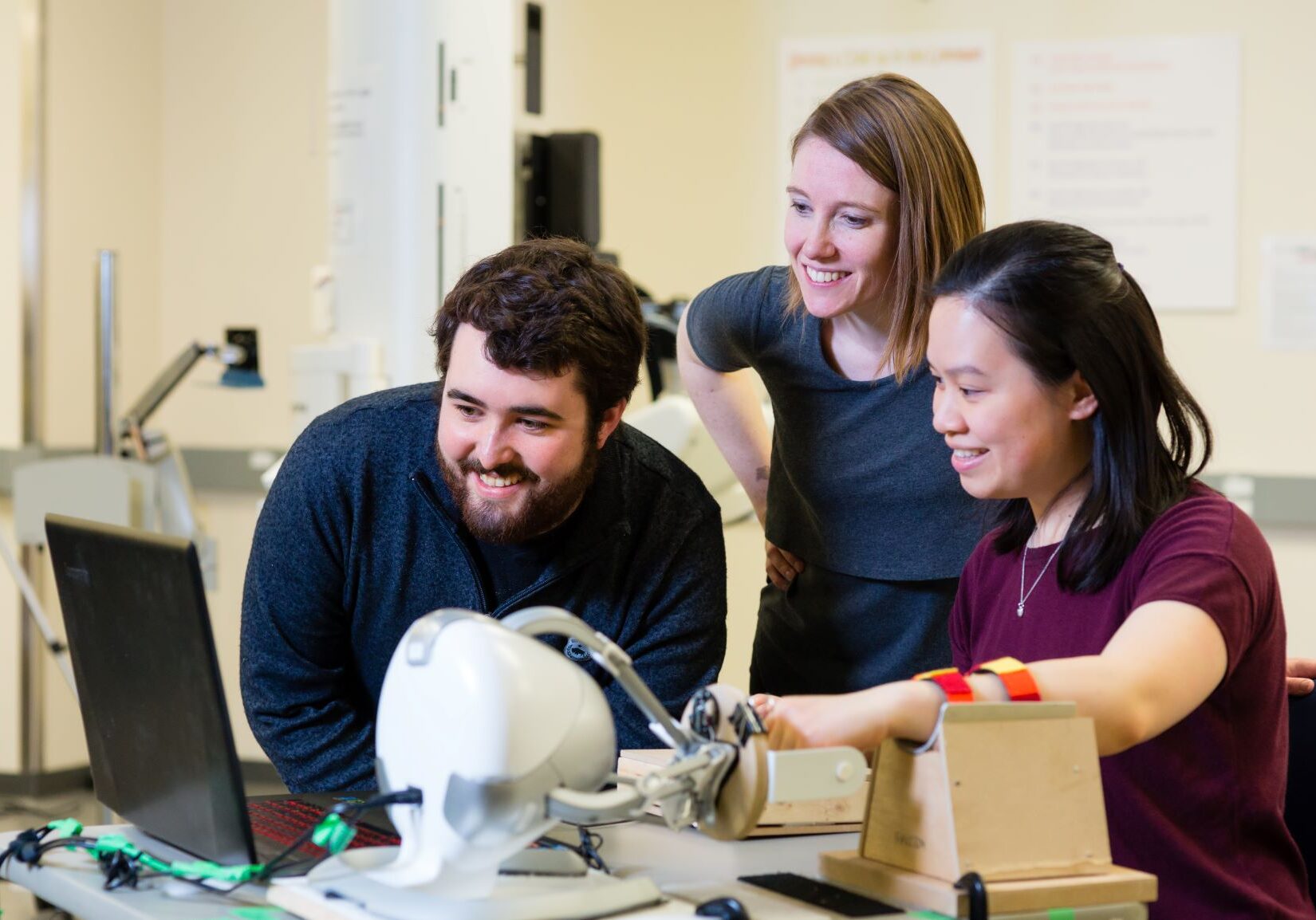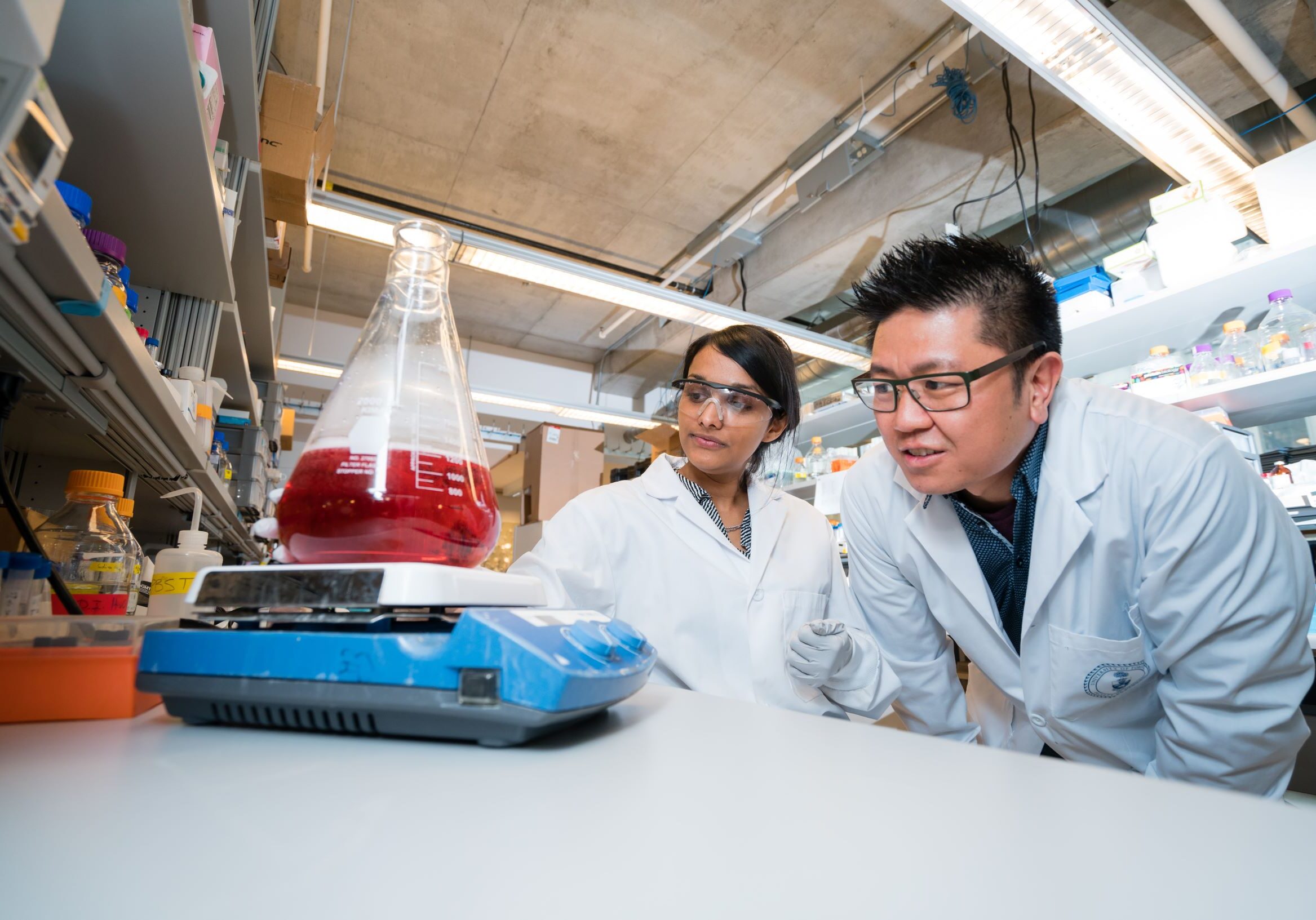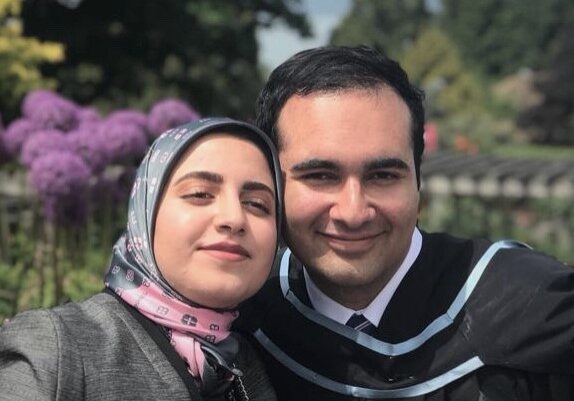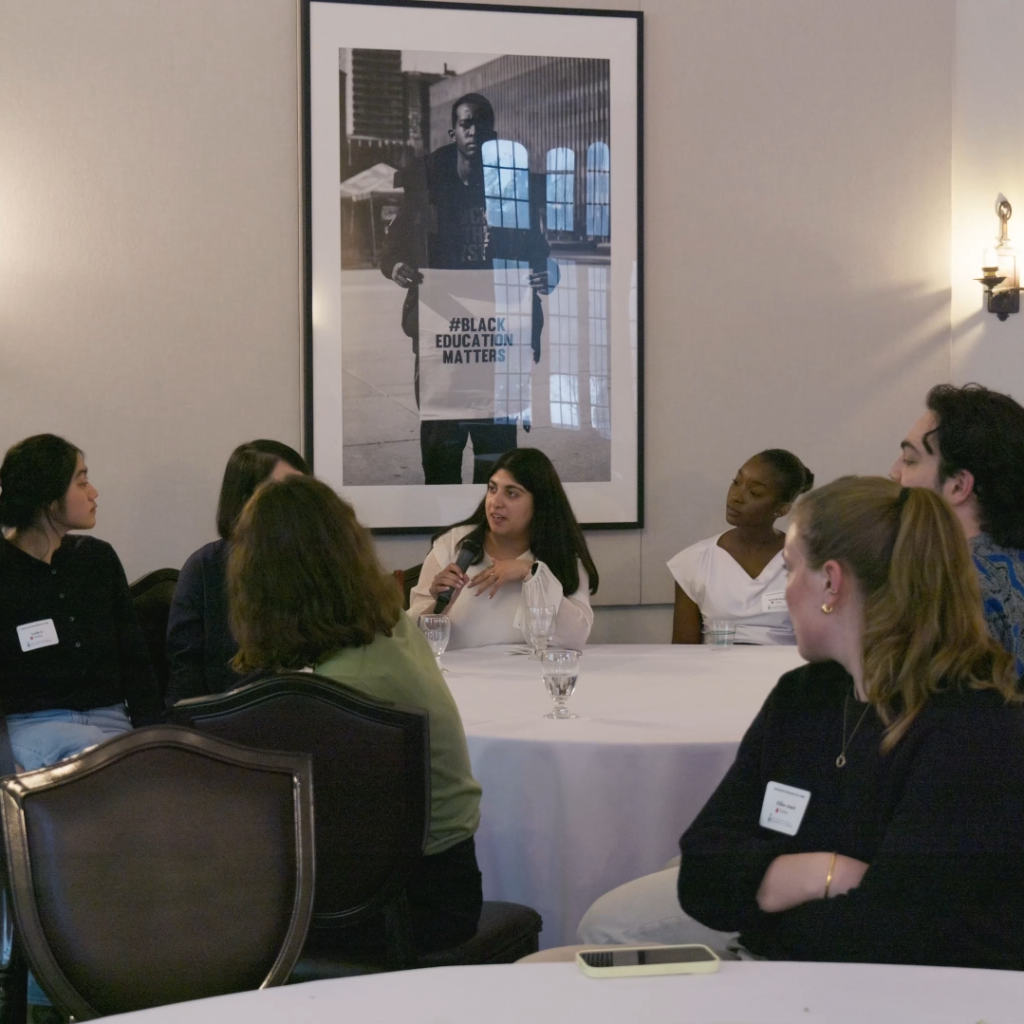Donate and support our projects
BME Student Fellowship
The BME Student Fellowship is aimed to fund top students in our graduate programs, where 100% of the proceed will directly go to students. Your contribution will have a positive and long-lasting impact in our student’s lives. Our goal is to raise $1 million in total fund. The Institute of Biomedical Engineering will provide a 1:1 match to your donation.
Biomedical Engineering Director's Fund
Contributions to Biomedical Engineering Director’s Fund give directors the flexibility to meet their students’ needs and the agility to seize opportunities as they arise in the rapidly evolving scientific and higher education sectors.
Mohammad & Zeynab Asadi-Lari Award
The Mohammad and Zeynab Asadi-Lari Award recognizes a MD/PhD student who has demonstrated excellence in innovation and brought about positive change.
Dedicated to improving student life
PhD student Karim Mithani awarded University of Toronto Alumni Association graduate scholarship for research on impulsivity disorders
Karim Mithani, a PhD student at the University of Toronto Institute of Biomedical Engineering, has received a graduate scholarship from the University of Toronto Alumni Association (UTAA) in recognition of his research on the neural basis of impulsive behaviour and the development of new neuromodulation therapies.
2025-2026 BME Magazine Cover Explainer
The Last Breath (2025), a digital artwork created in Adobe Fresco by biomedical engineering Master of Engineering student Dinuri Punchihewa, was selected as the cover image for this year’s annual Biomedical Engineering magazine.
Meet the BESA 2025-2026 Team
The Biomedical Engineering Students’ Association (BESA) is led by a passionate and diverse group of students committed to building community, advocating for student interests, and creating meaningful academic, professional, and social opportunities. We are excited to introduce the BESA 2025-2026 team.
Inaugural BESA 3-Minute Thesis Competition Highlights Research Excellence and Communication
The Biomedical Engineering Students Association (BESA) proudly hosted its inaugural 3-Minute Thesis (3MT) Competition, celebrating graduate research excellence and the ability to communicate complex scientific ideas to a broad audience. The competition was held over two stages, with the semi-final round taking place on November 14, 2025, followed by the final round on November 28, 2025, bringing together graduate students from across the Department of Biomedical Engineering.














